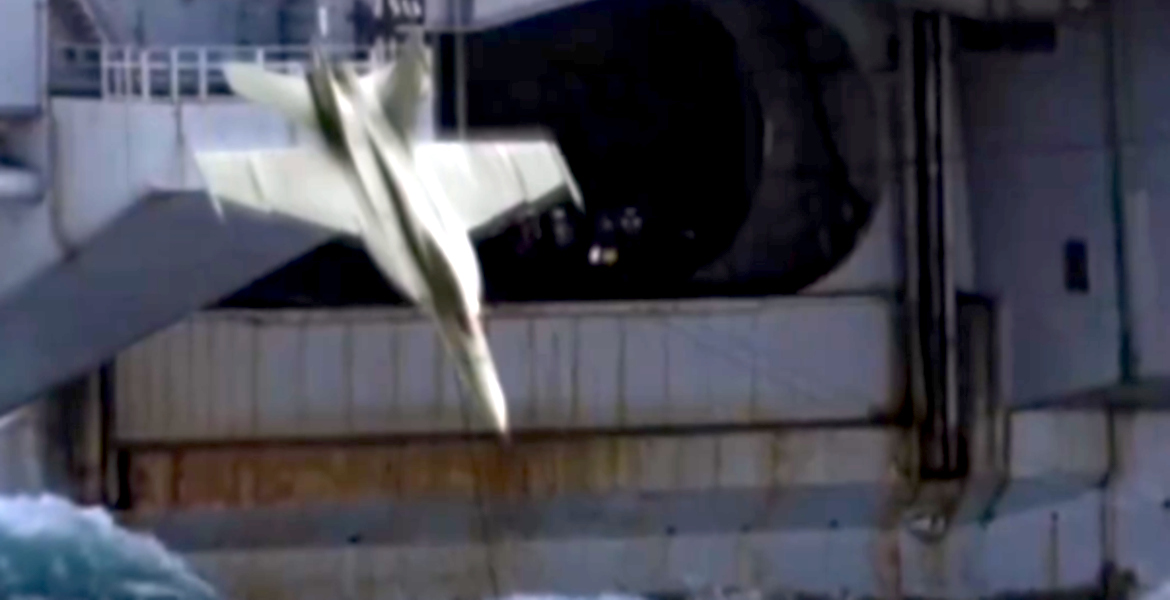The Swedish military plans to acquire several million military drones. This includes so-called "suicide drones" - and in two years' time, Swedish kamikaze drone systems could be in operation.
Ove Bring, an expert in international law, notes that the type of drone is certainly not prohibited under international law – but that there is always a risk of civilians being killed.
The drones are equipped with explosive charges and, with the help of artificial intelligence, can fly around until they find their target – whereupon they fly into it and explode.
– A human operator sets them off and then they can fly on their own, find targets and attack targets on their own, explained AI and weapons scientist Arash Heydarian Pashakhanlou in 2022, clarifying that the suicide drones "can fly into the target on their own, explode and destroy the target".
Many observers are critical of the technology development. The ability of unmanned aerial vehicles to kill and destroy on their own risks blurring the lines of responsibility, increasing the risk of civilian casualties and wrong decisions being made.
Others have warned that warfare is being dehumanized and that we are moving towards a development where autonomous weapon systems make lethal decisions without human intervention.
– A machine should not be allowed to decide on the life and death of a human being, says Deborah Solomon of the Swedish Peace Society.
"There is the risk that civilians are affected"
Ove Bring, professor emeritus of international law and former advisor to the Swedish Foreign Ministry on international law, admits that the use of drones can result in civilian deaths – but also emphasizes that suicide drones do not violate international law.
– This type of drone is not prohibited by international law as it is designed to hit military targets, but there is always the risk that civilians are affected, he says to The Nordic Times.
He notes that commanders who, in violation of the humanitarian law principles of precaution and proportionality, happen to harm civilians can also be prosecuted for this – at least in theory. However, this usually presupposes that the injuries or deaths are extensive.
If, on the other hand, a military target is hit by the drones – but civilians are also killed during the same attack, this does not violate any laws or conventions, the professor says.
– If the military target is hit and civilians are exposed to minor collateral damage, it must be accepted as an inevitable part of warfare. It is not considered a war crime, he concludes.




